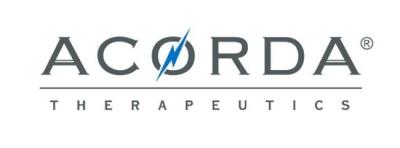Advances in Treatment & the Search for a Cure
Parkinson’s Research and Care: Advances in Treatment & the Search for a Cure
Check-in & Exhibitor Booths Open at 9:15 a.m. CST
Participants will learn how research helps shape treatments and identify new care strategies for managing Parkinson's symptoms. This program will also provide information on where we stand in the search for a cure, and what that would mean for people affected by Parkinson's today and future generations.
There is no charge to attend, but registration is required. This program is open to people with Parkinson's, their families, friends and the community.
Speakers
Marissa Dean, MD
Assistant Professor | Division of Movement Disorders | Department of Neurology
UAB | The University of Alabama at Birmingham
William Owens, MD
Neurologist
Mid-South Neurology
|
9:15 a.m.-10:00 a.m. |
Check-in and Exhibitor Booths Open |
|
10:00 a.m.- 10:10 a.m. |
Welcome |
|
10:10 a.m.- 10:45 a.m. |
Advances in Parkinson's Disease Treatment |
|
10:45 a.m.- 11:00 a.m. |
Fitness Break: Tai Chi |
|
11:00 a.m.-11:35 a.m. |
The Latest in Parkinson's Research & the Search for a Cure |
|
11:35 a.m.- 12:05 p.m. |
Question & Answer Session |
|
12:05 p.m.- 12:25 p.m. |
Lunch Break |
|
12:25 p.m.- 12:55 p.m. |
Person with Parkinson's and Care Partner Panel |
|
12:55 p.m.- 1:00 p.m. |
Closing Remarks |
Contact Us
Annie Long
COVID SAFETY: The health and safety of our participants, sponsors, volunteers and staff are our top priority. We continue to monitor CDC recommendations and will adhere to state and local COVID guidelines in place on the event day. Adjustments will be made if necessary.
Thank You to Our Program Sponsors:
Upcoming Events
2026 Disney Princess Half Marathon Weekend
Parkinson’s Champions athletes raise funds and awareness for the Parkinson’s Foundation while competing in some of the world’s most popular races. Every step we take brings us closer to a future without Parkinson’s disease, because Parkinson’s isn’t a sprint, it’s a marathon.
Parkinson's Revolution USA
Join us in-person at your studio location or virtually for a high energy ride that generates funds and awareness for Parkinson’s disease.
Parkinson's Revolution Miami
Join us in-person at your studio location or virtually for a high energy ride that generates funds and awareness for Parkinson’s disease.


